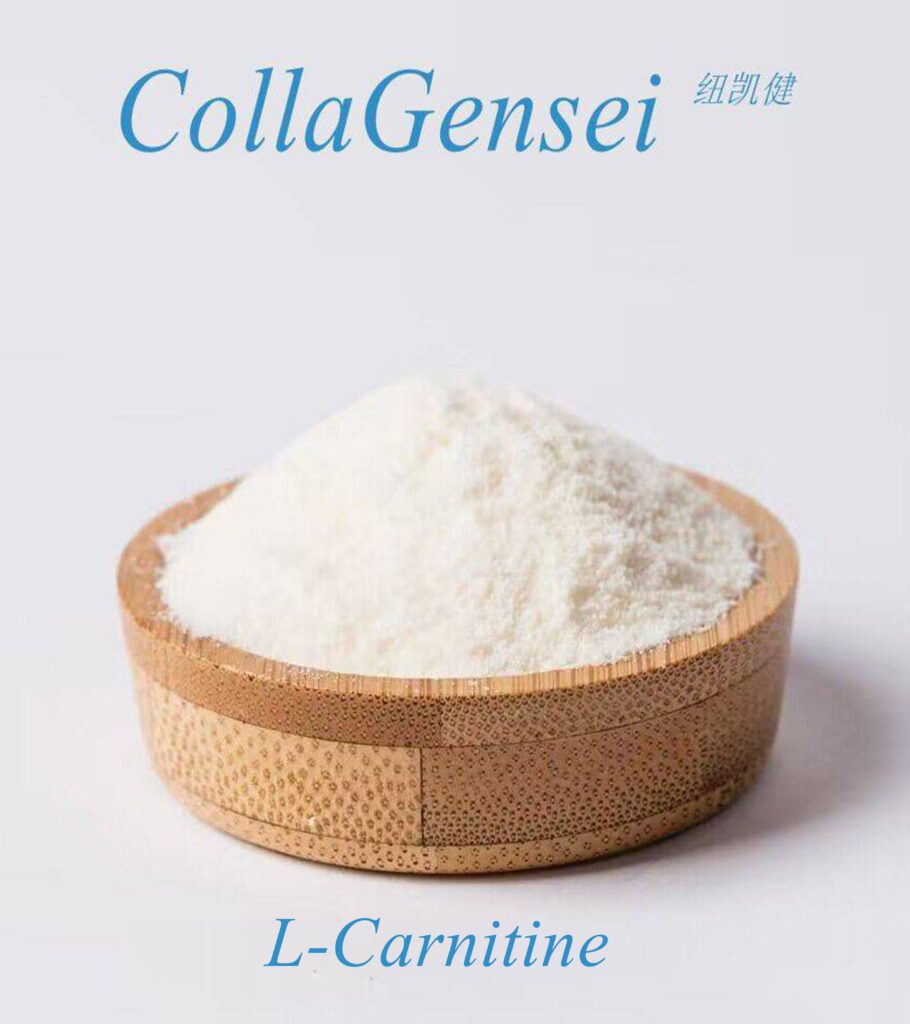What is Vitamin A ?
What is Beta-carotene ?
Both Vitamin A and beta-carotene are essential nutrients that play important roles in maintaining overall health, especially for vision, immune function, and skin health. However, they are distinct in terms of their sources, forms, and how they function in the body. Let’s explore these differences and similarities in detail.
Vitamin A
Vitamin A is a fat-soluble vitamin that exists in two primary forms:
- Preformed Vitamin A (Retinoids): This is the active form of Vitamin A found in animal-based foods. It includes:
- Retinol (the most active form of Vitamin A)
- Retinal
- Retinoic acid
Foods like liver, fish, eggs, and dairy products contain preformed Vitamin A, which the body can directly use without conversion.
- Provitamin A (Carotenoids): These are plant-derived compounds that can be converted into active Vitamin A in the body. The most common carotenoid is beta-carotene.
Beta-Carotene
Beta-carotene is a type of carotenoid, a group of natural pigments found in plants, particularly in orange, yellow, and dark green vegetables and fruits. It is a provitamin A, meaning the body can convert it into Vitamin A (retinol) as needed. Beta-carotene has strong antioxidant properties, which help protect cells from damage caused by free radicals.
Foods high in beta-carotene include:
- Carrots
- Sweet potatoes
- Spinach
- Kale
- Pumpkin
- Butternut squash
Key Differences Between Vitamin A and Beta-Carotene
| Feature | Vitamin A | Beta-Carotene |
|---|---|---|
| Form | Active form of Vitamin A (e.g., retinol) | A carotenoid that must be converted into active Vitamin A |
| Source | Animal-based foods (liver, eggs, dairy) | Plant-based foods (carrots, spinach, etc.) |
| Conversion | No conversion needed; directly usable by the body | Needs to be converted by the body into retinol (active Vitamin A) |
| Antioxidant Properties | Yes, but more focused on vision and cell health | Yes, very strong antioxidant properties, especially for skin and eye health |
| Toxicity | Excessive intake can be toxic (especially from supplements) | Generally safe; excess beta-carotene is not toxic, but can cause skin discoloration (carotenemia) |
| Health Benefits | Supports vision, immune function, and skin health | Supports vision, skin health, immune function, and acts as a potent antioxidant |
| Absorption | Readily absorbed from animal sources | Absorbed more efficiently when consumed with fat (due to its fat-soluble nature) |
Health Benefits of Vitamin A and Beta-Carotene
- Eye Health:
- Vitamin A is crucial for vision, particularly in low-light conditions. It is involved in the formation of rhodopsin, a protein in the retina that helps with vision in dim light. Deficiency in Vitamin A can lead to night blindness and other vision problems.
- Beta-carotene, when converted into Vitamin A, also supports vision. It can help prevent age-related macular degeneration (AMD) and protect the eyes from oxidative damage.
- Immune System Support:
- Vitamin A plays a significant role in maintaining the integrity of the skin and mucous membranes, which are important barriers to infection. It also supports the function of the immune system by regulating the production of white blood cells and enhancing the body’s ability to fight off infections.
- Beta-carotene, through its antioxidant properties, helps protect immune cells from oxidative damage, thereby contributing to a stronger immune response.
- Skin Health:
- Vitamin A (especially in its retinoid form) is essential for skin cell growth, repair, and maintenance. It helps maintain a healthy skin barrier and is commonly used in the treatment of acne and other skin conditions. It also supports wound healing and collagen production.
- Beta-carotene has been shown to help protect the skin from UV radiation and reduce the signs of aging. Its antioxidant properties can help prevent skin damage from the sun and pollution.
- Antioxidant Protection:
- Both Vitamin A and beta-carotene act as antioxidants, helping to neutralize free radicals in the body. Free radicals can cause oxidative damage, leading to aging and various diseases like cancer. Beta-carotene, in particular, is a powerful antioxidant and may provide more extensive protection against oxidative stress.
Safety and Toxicity
- Vitamin A (especially preformed Vitamin A) can be toxic in high doses. The tolerable upper intake level (UL) for preformed Vitamin A is 3,000 micrograms per day for adults. Excessive intake of Vitamin A, particularly from supplements, can lead to symptoms like nausea, dizziness, headaches, and in severe cases, liver damage and birth defects.
- Beta-carotene is generally safe even in higher amounts. The body converts only what it needs into active Vitamin A, so there is little risk of toxicity. However, excess beta-carotene from food sources can cause a harmless condition called carotenemia, where the skin turns yellow or orange, especially on the palms and soles.
Conclusion
- Vitamin A is essential for vision, immune function, and skin health, and is readily available in animal-based foods like liver, eggs, and dairy. It is immediately usable by the body and should be consumed carefully to avoid toxicity.
- Beta-carotene, on the other hand, is a plant-derived provitamin A that the body can convert into Vitamin A as needed. It is a potent antioxidant and provides many of the same benefits, especially for vision and skin health, without the risk of toxicity.
Incorporating both Vitamin A and beta-carotene into your diet through a balance of animal and plant-based foods is the best way to ensure optimal health. For most people, it’s advisable to get these nutrients primarily from food sources rather than supplements to avoid the risks of overdose and ensure a natural, balanced intake.




